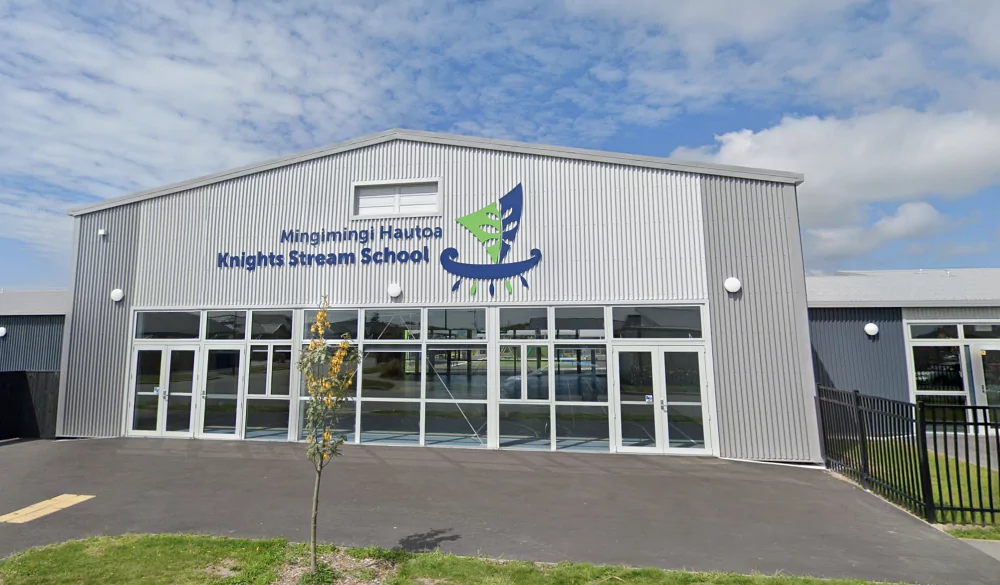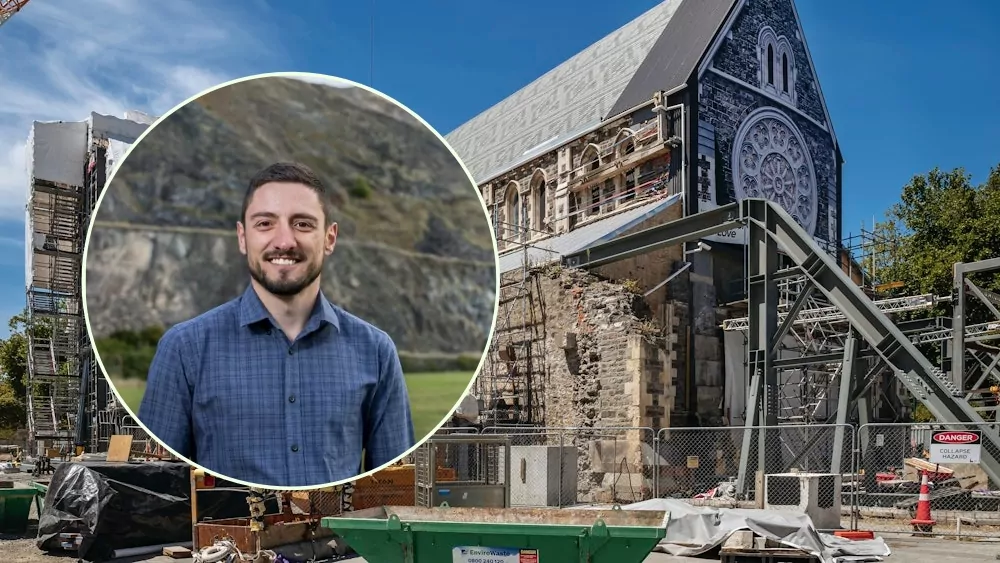The National Party announced a plan to address New Zealand’s ongoing housing crisis, promising to deliver better social housing and end what it calls “Labour’s housing failure.”
The plan was unveiled by National’s Housing spokesperson, Chris Bishop, and Social Housing spokesperson, Tama Potaka.
National Party spokesperson Chris Bishop began by criticising the current government’s housing record.
He pointed out that rents have increased by $175 per week since Labour took office, the social housing waitlist has grown by nearly 20,000 families, and almost 500 families are living in cars.
Additionally, he highlighted the government’s $1.4 billion expenditure on emergency housing motels.
“Labour has catastrophically failed in housing, the poster child being KiwiBuild. 100,000 houses were promised in 2017, and just 1800 have been built. This is failure so monumental it makes Auckland Light Rail look like a success.”
He outlined National’s plan to rebalance the private rental market, including restoring interest deductibility for rental properties, extending the brightline test to two years, and implementing sensible changes to tenancy laws.
National has also announced the “Going for Housing Growth” policy, aiming to unlock land for housing, improve infrastructure, and incentivize communities to embrace housing growth.
National’s Social Housing spokesperson, Tama Potaka, emphasised their commitment to increase the number of government-funded social housing places and to work more closely with Community Housing Providers (CHPs).
“CHPs have been marginalized by the current government in favor of Kāinga Ora. CHPs tend to be more nimble and provide better services to tenants. They are a vital part of the solution to our housing crisis,” said Potaka.
National’s plan includes giving CHPs access to government capital and operational funding for new housing places, reducing bias towards Kāinga Ora, and offering long-term contracts to CHPs for new builds.
Chris Bishop announced National’s determination to end the use of emergency housing motels with the following:
-
Priority One Category: Families in emergency housing for over 12 weeks will be prioritised for social housing.
-
Tightened Eligibility: Families receiving emergency housing grants will be required to use those grants in their current area unless there is a good reason not to.
-
Social Impact Bond: A Social Impact Bond through the Social Investment Fund will be established to partner with providers who can transition families out of emergency housing into secure homes.
National also plans to reform Kāinga Ora by engaging more with communities and addressing issues with anti-social tenants.
An independent review of Kāinga Ora’s finances, procurement, development, and asset management practices will be commissioned within 100 days of taking office.









